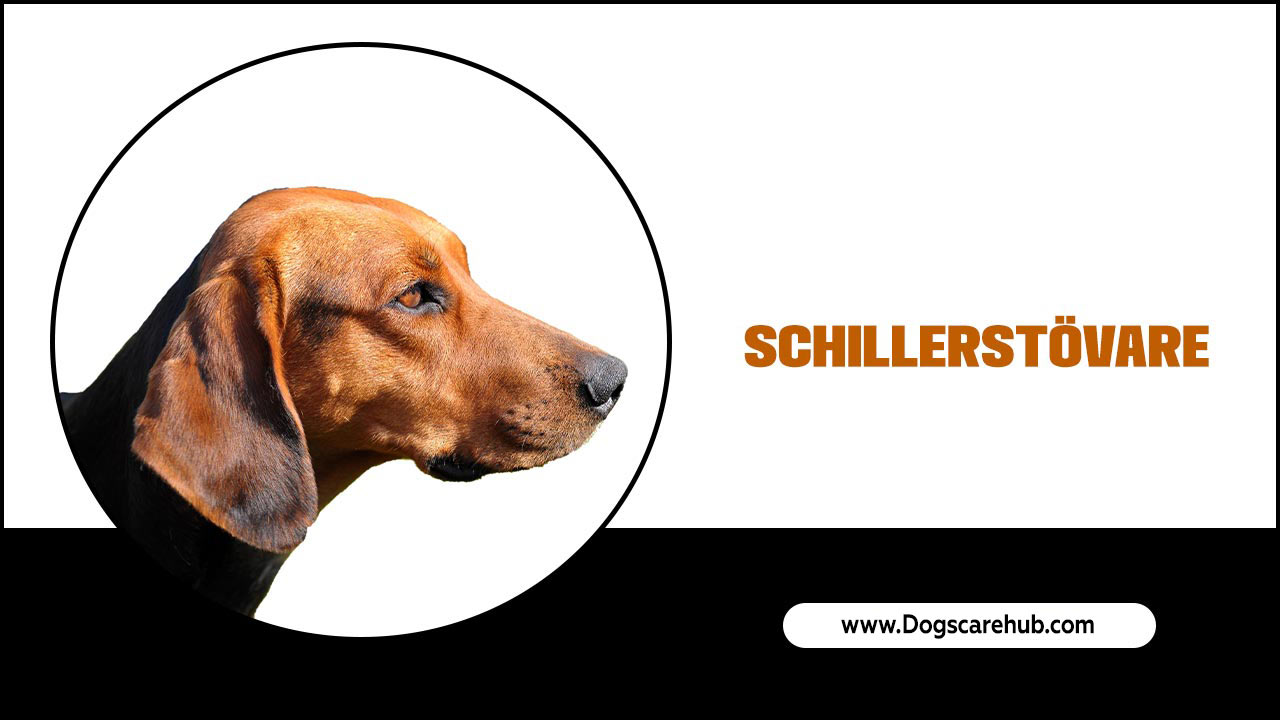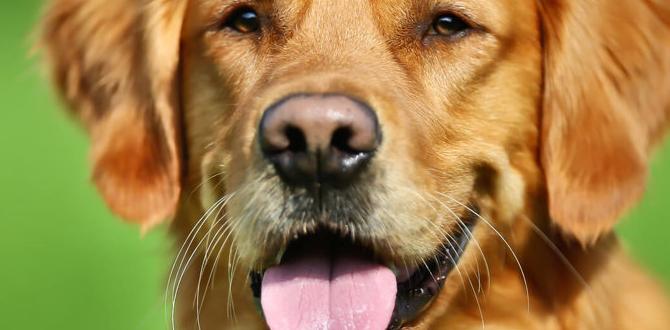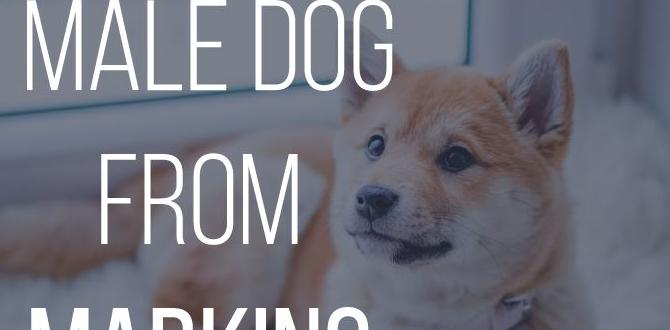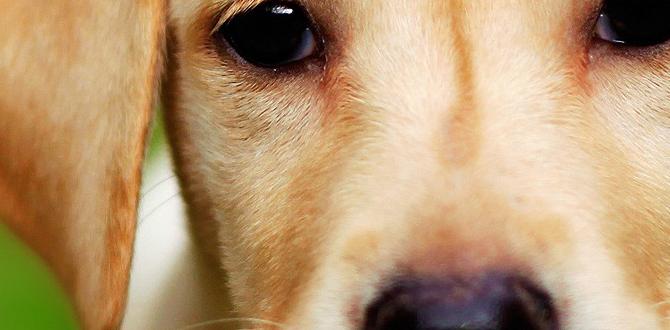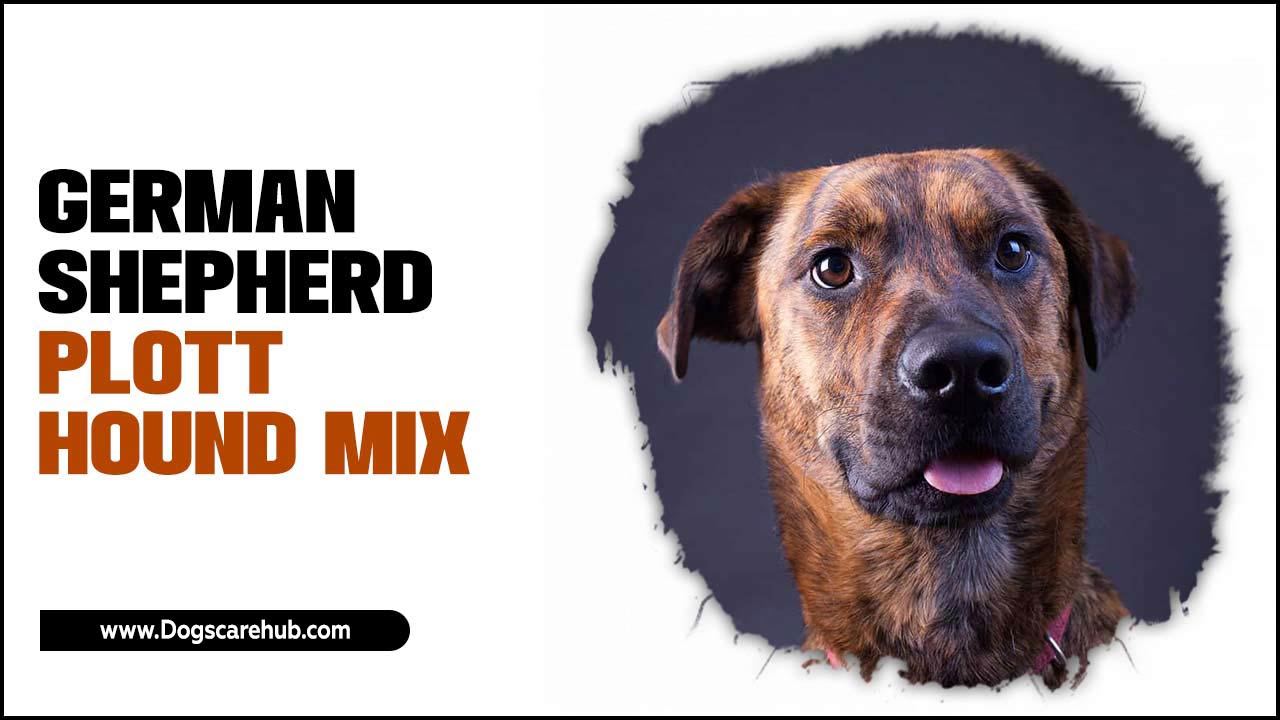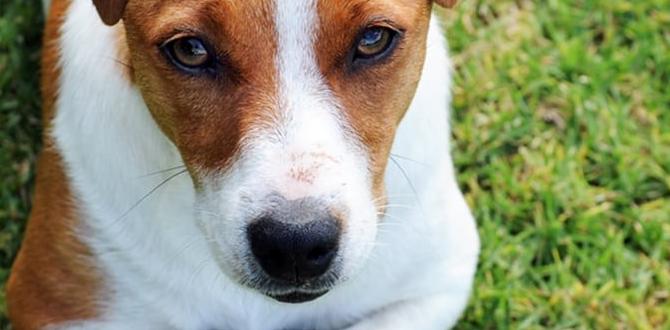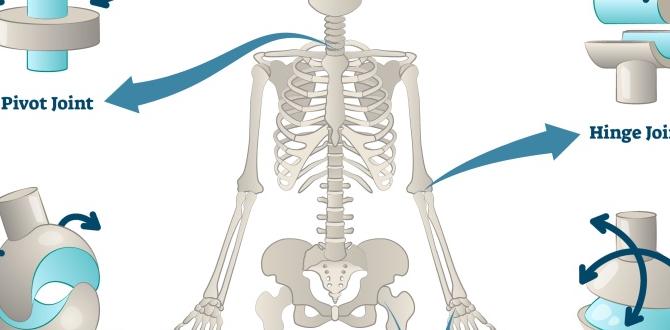Did you know puppies change a lot as they grow? Just like us, they learn new things and show different behaviors. If you have a puppy, you might notice them being curious or shy. Sometimes, they behave in ways that surprise us. Understanding dog behavioral changes in puppies can help you be a better friend to your furry buddy. Are you ready to learn about these exciting changes?
Key Takeaways
- Puppies go through different behavior stages as they grow.
- Understanding puppy behavior helps in training them well.
- Socialization is crucial to prevent fear-based behaviors.
- Recognizing dog behavioral changes in puppies reduces confusion.
- Puppies need patience and consistency from their owners.
Understanding Puppy Development Stages
Puppies have different development stages. From birth to around 12 weeks, they change quickly. Each stage brings new behaviors. Puppies learn to walk, bark, and play. They start exploring their world. At first, they rely on their mother. As they grow, they become more independent. Watching a puppy change is exciting. It helps owners understand what pups need at each stage.
- Neonatal stage: birth to 2 weeks.
- Transitional stage: 2 to 4 weeks.
- Socialization stage: 4 to 12 weeks.
- Juvenile stage: 3 to 6 months.
- Adolescent stage: 6 to 18 months.
In the neonatal stage, puppies cannot see or hear. They rely on touch and smell. By the socialization stage, they explore more and meet new friends. This stage is crucial for learning and development. As puppies grow, their behaviors change. They become more curious and playful. Understanding these stages helps pet owners support their puppies better.
Fun Fact or Stats : Puppies are born blind and deaf, and they start to see around two weeks old.
Puppy Socialization: Why It Matters
Puppies need to meet other animals and people. This is called socialization. But why is it so important? Without socialization, puppies can become scared of new things. They might not know how to act around other dogs. A well-socialized puppy is friendly and confident. So, take your puppy to new places. Let them meet other dogs. Encourage them to explore. Socialization helps puppies feel safe and happy in the world.
Early Learning and Training for Puppies
Training should start early for puppies. They learn best when they are young. Early training helps puppies understand rules. It makes them well-behaved adults. Use simple commands like “sit” and “stay.” Praise them when they do well. Training should be fun and positive. Why not turn it into a game? This keeps puppies engaged. Consistent training builds a strong bond with your pet.
Recognizing Fear and Anxiety in Puppies
Puppies sometimes get scared or anxious. How can you tell? They might hide or refuse to eat. They could bark or whine more. Understanding these signs is important. It helps you comfort your puppy. If your puppy is anxious, stay calm. Speak softly to reassure them. With time, your puppy will feel safe. Knowing what makes them scared helps you avoid those situations.
Signs of Puppy Curiosity
Puppies are naturally curious. They want to explore everything. You might see them sniffing new objects. They might paw at things or chew them. This curiosity helps them learn about their world. Encourage safe exploration. Provide toys and safe spaces for them to investigate. Watching a puppy explore is fun. It shows they are growing and learning.
- Sniffing around new areas.
- Chewing on different objects.
- Following moving things.
- Pawing at interesting items.
- Trying to climb new surfaces.
It’s important to guide their curiosity safely. Remove dangerous items they might chew or swallow. Offer them safe toys instead. Encourage them to explore different textures and sounds. This keeps their minds active and helps them learn more about their surroundings.
Fun Fact or Stats : Puppies have about 28 baby teeth, which they start losing around 4 months old.
Creating a Safe Exploring Environment
How can you make a safe place for your puppy to explore? Start by puppy-proofing your home. Remove objects they shouldn’t chew. Think about electrical cords and small items. Use gates to block off areas. Provide plenty of toys and chew objects. Keep cleaning supplies out of reach. A safe environment allows puppies to explore without danger.
Understanding Puppy Body Language
Puppies communicate with their bodies. Watch their tails, ears, and eyes. A wagging tail usually means happiness. But a tucked tail can mean fear. Ears up show interest. Ears back might mean they’re scared. Eyes can be soft or wide. Understanding body language helps you know what your puppy feels. This understanding creates a stronger bond.
Importance of Supervision During Exploration
Supervision is key when puppies explore. Why is it so important? Puppies don’t know what’s safe and what’s not. They might try to chew harmful things. They could hurt themselves while playing. By supervising, you can guide them. Help them learn what is safe. Praise them for good behavior. With time, your puppy will learn to explore safely.
Handling Puppy Energy Bursts
Puppies are full of energy. They love to run, jump, and play. Sometimes, they have bursts of energy. This can happen during play or after naps. It’s important to channel this energy positively. Play games or teach tricks. Daily exercise is needed to keep them healthy. It also helps them release energy. If not, they might chew on things or dig. Understanding how to manage puppy energy is key.
- Running around the yard.
- Playing fetch with a ball.
- Chasing after toys.
- Learning new tricks.
- Going on short walks.
Energy bursts are normal for puppies. They help them grow strong and healthy. Regular playtime and exercise help manage their energy. It also strengthens the bond between you and your puppy. Enjoy these playful moments and create lasting memories together.
Fun Fact or Stats : Puppies sleep 18-20 hours a day, which helps them grow.
Balancing Rest and Activity
Puppies need both rest and activity. Too much energy can tire them out. Too little can make them bored. Find a balance. Plan breaks during playtime. Allow them to nap. Rest helps them grow and stay healthy. Activity keeps them happy. Mixing rest with play gives puppies the perfect day. Make sure they have a quiet spot for naps.
Understanding Playful Behaviors in Puppies
Puppies are playful by nature. They love games. Tug-of-war, fetch, or hide and seek. Playfulness helps them learn and grow. Sometimes, their play can seem rough. It’s how they learn social skills. Keep play safe and fun. Monitor their energy levels. Teach them to play gently. Playfulness is a sign of a happy, healthy puppy.
Ways to Engage a High-Energy Puppy
How do you keep a high-energy puppy busy? Use toys, puzzles, and games. Hide treats for them to find. Challenge them with new tricks. Make playtime fun and exciting. This keeps their minds active. High-energy puppies need more activity. Short walks and playtime in the yard help. Engaging activities create happy, healthy pups.
Conclusion
Understanding dog behavioral changes in puppies is an important part of being a pet owner. Puppies go through many stages. Each stage brings new behaviors. Patience and love help them grow into great dogs. Always be there to support and guide them. Enjoy the journey of watching your puppy change and learn. They will be your best friend for life.
FAQs
Question: What are some common dog behavioral changes in puppies?
Answer: Puppies go through several behavioral changes as they grow. They start by learning how to walk and explore their surroundings. As they grow, they become more independent and may start testing boundaries. Socialization is important during this time to ensure they grow into well-adjusted dogs.
Question: How can I help my puppy if they seem scared?
Answer: If your puppy seems scared, reassure them with a calm voice. Stay close to them and remove any scary objects. Slowly introduce them to new things. Patience and comfort help build their confidence.
Question: Why is socialization important for puppies?
Answer: Socialization helps puppies learn how to interact with others. It prevents fear-based behaviors. Meeting new people and pets builds confidence. Well-socialized puppies are friendly and happy.
Question: How much exercise does a puppy need?
Answer: Puppies need regular exercise to stay healthy and happy. Short walks and playtime are great. Activities should be age-appropriate. Over-exercising can be harmful. Balance rest and activity for the best growth.
Question: What can I do if my puppy is very energetic?
Answer: Channel your puppy’s energy with playtime and exercise. Use toys, games, and short walks. Interactive activities, like puzzle toys, keep them engaged. Regular play helps release their energy positively.
Question: What should I do if my puppy chews on everything?
Answer: Provide plenty of chew toys to redirect their chewing. Puppy-proof your home by removing dangerous items. Supervise them to guide safe chewing habits. Chewing is natural as they explore and relieve teething discomfort.
Meet Elyse Colburn, the devoted canine companion and storyteller behind the enchanting world of “Tales, Tails, and Adventures Unleashed.” A passionate dog enthusiast with a heart full of paw prints, Elyse Colburn shares heartwarming tales and insightful adventures, celebrating the joy, loyalty, and endless antics that make every dog a true hero. Join Elyse Colburn on this tail-wagging journey, where every post is a love letter to our four-legged friends.

